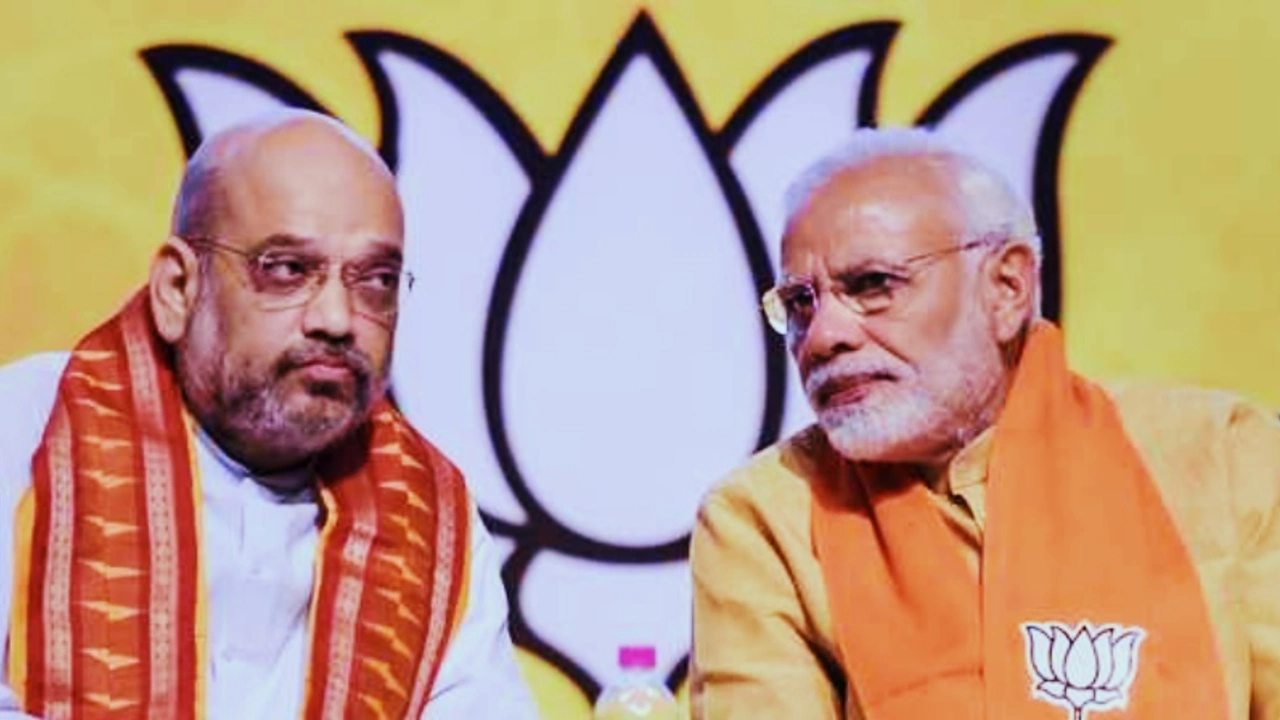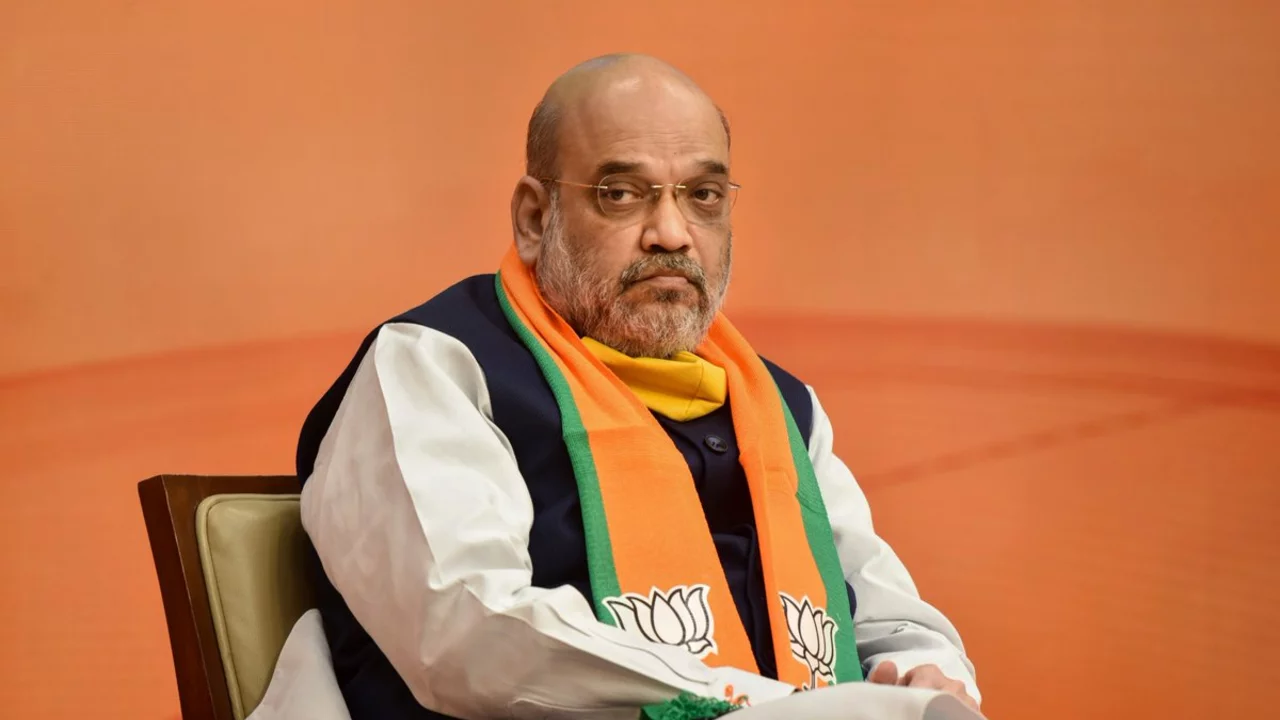Politics & Government: Amit Shah’s Power, Influence and What‑If PM Scenario
When you think about Indian politics today, Amit Shah’s name pops up a lot. He’s the Home Minister, a top strategist for the BJP, and a key player in shaping national policies. This page breaks down why he matters, how he’s built his influence, and what a Shah‑led government could look like. Let’s get straight to the facts without the fluff.
Amit Shah’s Current Power Play
Shah’s impact starts with his role as Home Minister. He oversees internal security, law‑and‑order decisions, and the nation’s policing strategy. In recent years, he’s pushed tougher anti‑terror laws and faster court processes, which many say have strengthened India’s security fabric. At the same time, his close work with state governments has given the central government more say in regional matters, tightening federal control.
Beyond security, Shah is known as a master election tactician. He helped the BJP win multiple state elections by choosing the right local leaders and crafting targeted campaign messages. His knack for reading voter moods and turning data into action has reshaped how parties campaign in India. That reputation adds to his political weight – he’s not just a minister, he’s a party engine.
What If Amit Shah Becomes Prime Minister?
Imagine Shah at the top of the cabinet. First off, you’d likely see a continuation of strong central authority. Expect more uniform policies across states, especially in areas like immigration, law enforcement, and national security. Critics say that could curb regional autonomy, but supporters argue it would create a more cohesive national strategy.
Economically, Shah has hinted at reforms that could open up markets and attract foreign investment. He might push for faster infrastructure projects, using his connections to cut red tape. If he leans into cultural nationalism, we could see a push for policies that emphasize Indian heritage in education and media – a move that might energize some voters while sparking debate elsewhere.
In terms of foreign policy, Shah’s close ties with security agencies suggest a tougher stance on border issues. You might see a more assertive approach in regional disputes and a focus on building strategic alliances. That could reshape India’s role on the global stage, especially with countries watching how New Delhi balances economic growth and security concerns.
All these possibilities hinge on how Shah balances his hard‑line instincts with the need for inclusive growth. The key takeaway? A Shah‑led government would likely bring more centralized decision‑making, tighter security measures, and a push for reforms that align with his vision of a strong, unified India.
Whether you’re a student of politics, a citizen curious about the future, or just someone who likes to stay informed, keeping an eye on Amit Shah’s moves is essential. His influence already shapes today’s headlines, and any shift to the prime minister’s seat would ripple across the entire political landscape.



